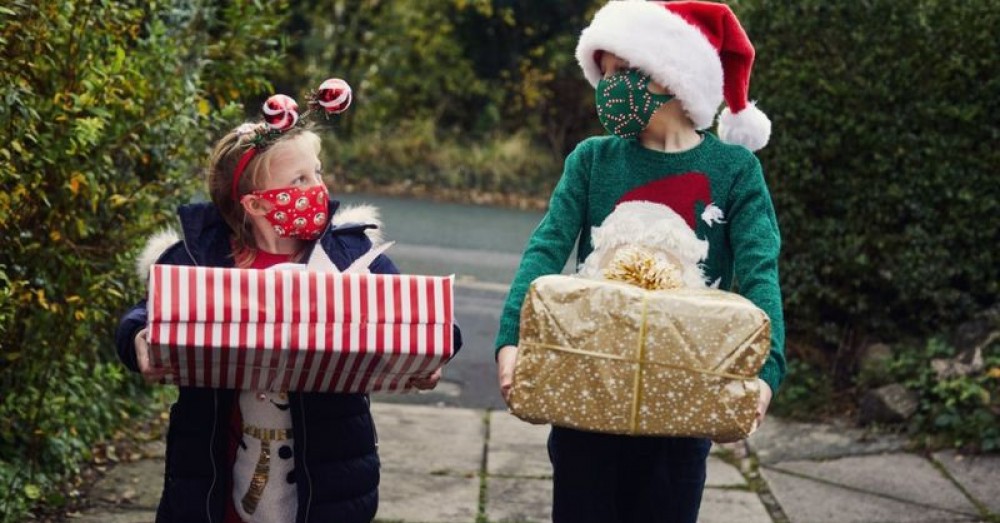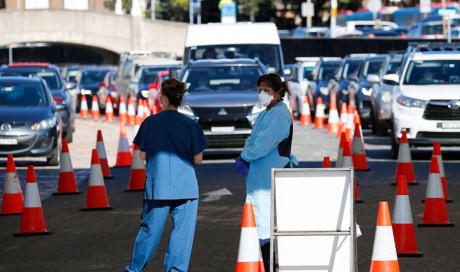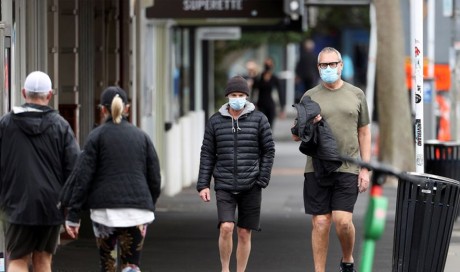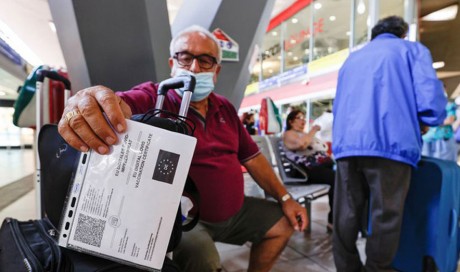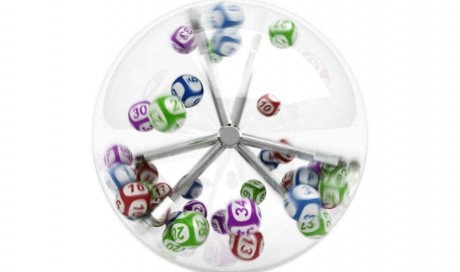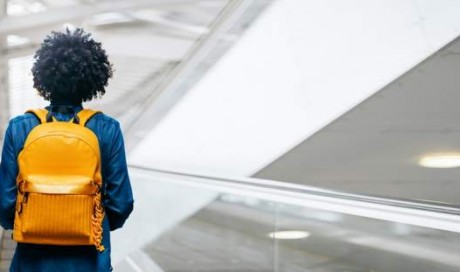Leaders of the four UK nations have warned people to be cautious of the risk of spreading coronavirus when rules are relaxed over Christmas.
Up to three households will be allowed to stay together and form a "Christmas bubble" from 23 to 27 December.
Prime Minister Boris Johnson told people to use "personal judgement" on whether to visit elderly relatives.
A scientific adviser to the government said the relaxation of rules amounted to "throwing fuel on the Covid fire".
The measures will see travel restrictions across the four nations, and between tiers and levels, lifted to allow people to visit families in other parts of the UK.
Anyone travelling to or from Northern Ireland may travel on the 22 and 28 December, but otherwise travel to and from bubbles should be done between the 23 and 27.
People will not be able to get together with others from more than two other households, and once a bubble is formed, it must not be changed or be extended further.
The guidance says a bubble of three households would be able to stay overnight at each other's home but would not be able to visit hospitality, theatres or retail settings.
In a video message from Downing Street, the prime minister described the agreement as a "special, time-limited dispensation", saying: "This year means Christmas will be different."
Mr Johnson said people must consider the risks of who to form a bubble with and whether or not to visit elderly or vulnerable relatives, adding: "Many of us are longing to spend time with family and friends... And yet we can't afford to throw caution to the wind."
He added: "'Tis the season to be jolly but 'tis also the season to be jolly careful."
The leaders of England, Scotland, Wales and Northern Ireland agreed the rules at a meeting on Tuesday.
First Minister of Wales Mark Drakeford said the UK leaders agreed they had to ease the rules because people would have flouted restrictions - creating further risk - if they were told Christmas had been "cancelled".
Ministers were shown behavioural science evidence that "too many people simply would not have been prepared to have gone along with such an instruction", he told BBC Breakfast on Wednesday.
Mr Drakeford also said a UK-wide approach to coronavirus rules after Christmas was needed.
Published guidance for England gives further details of the Christmas rules:
- People can continue to meet others who are not in their Christmas bubble, outside their home, according to the rules in the tier where they are staying
- Children under the age of 18 whose parents do not live together may be part of both parents' Christmas bubbles
- Existing support bubbles count as one household towards the three household limit
- People are allowed to form a different Christmas bubble from the people they live with normally - they can choose to stay with different people for this period
- If a care home resident is able to leave their home, they can form a bubble with one other household - but should not form a three-household bubble. However, visits out of care homes should only be considered for residents of working age because of the risks
- Students are considered to be part of the household to which they have returned
Areas will find out which tier of England's strengthened three-tier system they are in on Thursday. The decision will be based on a number of factors including case numbers, the reproduction rate - or R number - and pressure on local NHS services.
The guidance also advises people to take precautions when meeting their Christmas bubble such as washing hands frequently and opening windows to clear potential virus particles.
Some scientists have warned that the relaxation of Covid restrictions could spark another wave of infections and further deaths.
Third wave warning
Prof Andrew Hayward, director of the UCL Institute of Epidemiology and Health Care, and a member of the government's Sage committee, told BBC Newsnight that allowing families to meet up over Christmas amounted to "throwing fuel on the Covid fire".
He said it would "definitely lead to increase[d] transmission and likely lead to third wave of infections with hospitals being overrun, and more unnecessary deaths."
Prof Hayward said while you cannot ban Christmas, he called for clearer messaging to families about the "dangers" of socialising and inter-generational mixing.
Paul Hunter, professor of medicine at the University of East Anglia, said the relaxation of restrictions at Christmas will "almost inevitably" lead to an increase in transmission but that the increase could be "relatively short-lived" if England's new tier system is better managed than in October".
Gavin Terry, head of policy at the Alzheimer's Society, said thousands of relatives would be in "complete despair" at government guidance which says only care home residents of working age should be allowed to leave their care homes to visit family, due to the increased risk of exposure to the virus.
"After eight harrowing months filled with devastation and tragic loss of life, the announcement that many care home residents will be facing Christmas alone is just heartbreaking," he said, calling for further testing to allow for more visits to care homes.
Meanwhile, leaders of the hospitality sector said the relaxed rules made a "mockery" of the "economic devastation" pubs and restaurants will face as a result of the ban on Christmas bubbles eating out together.
Emma McClarkin, chief executive of the British Beer and Pub Association, called on ministers to publish evidence for its decision, which would "inflict unnecessary pain and irreversible damage on our sector".
Kate Nicholls, chief executive of the UKHospitality lobby group, said there was "muddled thinking" over the Christmas rules which would cause the sector more economic harm.
"It is also surely better for hotels to be open and providing a place to stay than multiple households being cramped in a single house."
Share This Post

